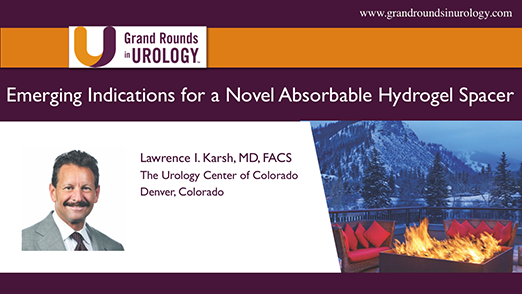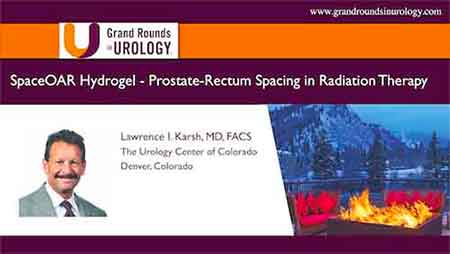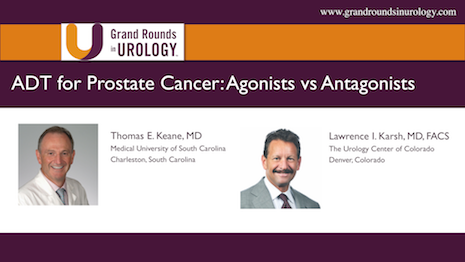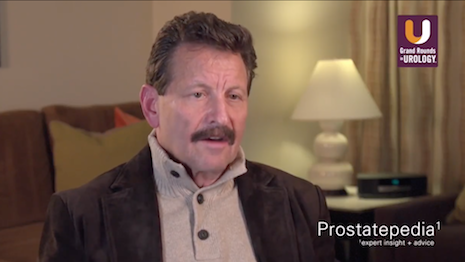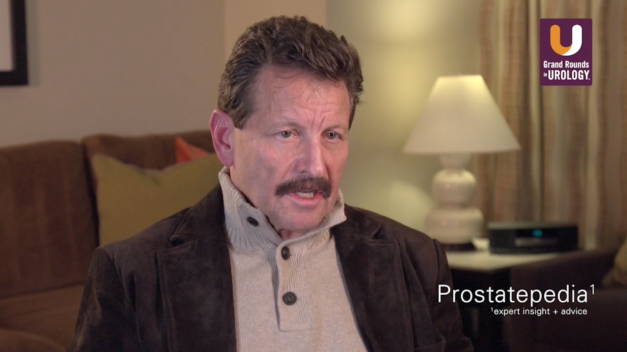Emerging Indications for a Novel Absorbable Hydrogel Spacer
Lawrence I. Karsh, MD, addresses the problem of long-term complications following prostate radiation therapy and describes how a novel absorbable hydrogel spacer can alleviate these issues. Additionally, he describes how the spacer can improve conventional radiology, enable dose escalation as well as salvage therapy and hypofractionation, and improve the safety of these patients.
Read More
